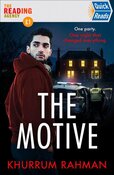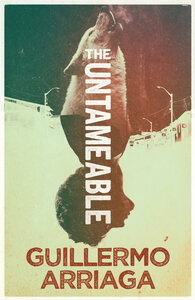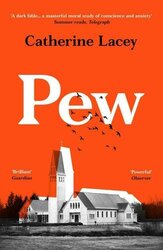The original Spanish title of this novel is ‘Trilogía de la Guerro’ or ‘War Trilogy’ – because (according to an interview with the author) each of its three sections deals with the echoes of war playing out in the characters’ lives. The title of the English translation comes from a line of poetry repeated throughout the book: “It’s a mistake to take the things we’ve seen as a given.”
These themes – the shadow of war and the idea that reality doesn’t stand still – are apparent from the novel’s beginning. A writer (possibly a version of Fernández Mallo) travels to an island to take part in a conference on digital networks. The island was a prison camp during the Spanish Civil War, and the writer spends time finding the places in a book of photographs he has from back then, and taking pictures of those same locations now. Some of the results are reproduced in the novel, past starkly juxtaposed with present.
In the second part of The Things We’ve Seen, we meet Kurt Montana, purportedly the fourth, unseen astronaut from Apollo 11. Now, Kurt lives in a retirement home, and recounts his life to us. He’s clearly haunted by his time serving in Vietnam, perhaps to the point where he can’t trust his senses or memory. The third part of Fernández Mallo’s book sees a woman take a walking tour of Normandy, where the remnants of war are never far away.
Nocilla Dream was an earlier novel by Fernández Mallo which used fragments of prose on recurring themes to present the world as as a network without centre. The Things We’ve Seen also uses techniques of recurrence and remixed facts, but its paragraphs are lengthy and discursive. The effect (in another fine translation by Thomas Bunstead) is to suggest that there’s no way out of the writing here, just as there’s no escape from war for Fernández Mallo’s characters. The Things We’ve Seen is a hazy, striking experience.













Recent Comments